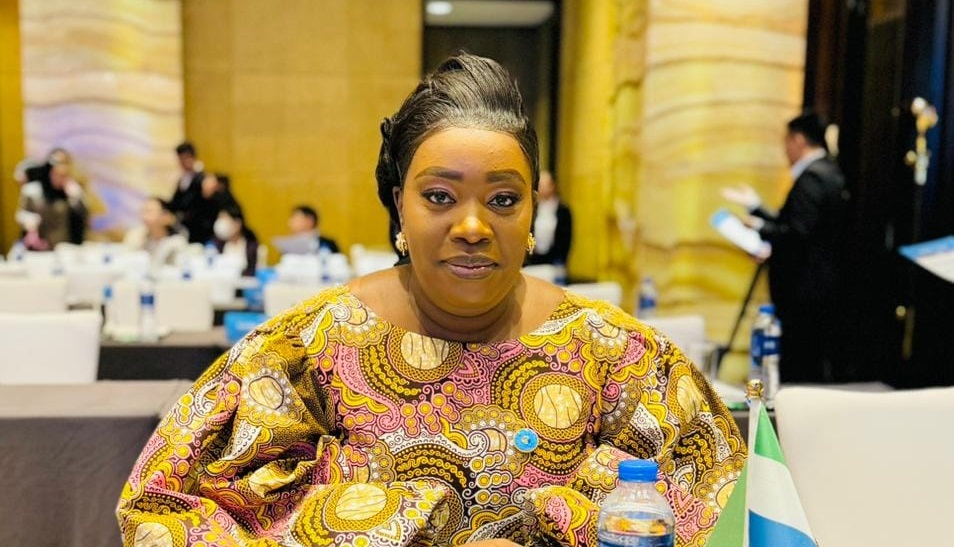The National Revenue Authority (NRA) of Sierra Leone has voiced strong support for international cooperation in tax matters, following a special meeting held at the United Nations Headquarters yesterday.
Mrs. Tuma Adama Gento-Kamara, Board Chairperson of the NRA, commended the Economic and Social Council (ECOSOC) for convening the event, which focused on identifying effective approaches to tax policies for sustainable development.
“A fair and inclusive international tax system is critical for our government,” Mrs. Gento-Kamara said, highlighting the importance of the meeting’s themes: promoting international tax cooperation and exploring net wealth taxes for equality and financing the Sustainable Development Goals (SDGs).
She emphasized the specific challenges faced by developing countries like Sierra Leone, particularly in dealing with tax avoidance and evasion due to limited capacity. “Capacity building is crucial for domestic resource mobilization,” she stated.
Mrs. Gento-Kamara underscored the importance of robust tax systems and global collaboration in the current interconnected world. She commended Sierra Leone’s progress in digitizing its tax administration, highlighting it as a positive step on the country’s digitalization journey.
The NRA Board Chairperson stressed the importance of building and strengthening the capacity of nations to manage their tax systems effectively.
“This requires a multi-faceted approach,” she explained, “including technical assistance, knowledge sharing, and capacity building initiatives tailored to each country’s unique needs.”
She emphasized the need for initiatives to foster transparency, accountability, and good governance within tax administrations. Additionally, she called for equipping tax authorities with the skills and tools to navigate the evolving digital economy effectively.
“Building a more equitable, transparent, and sustainable global tax regime relies on collective commitment,” Mrs. Gento-Kamara concluded. She pledged Sierra Leone’s continued support for international cooperation and called for renewed efforts to empower nations to address the challenges of the 21st-century tax landscape.











